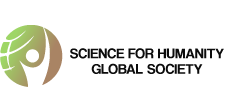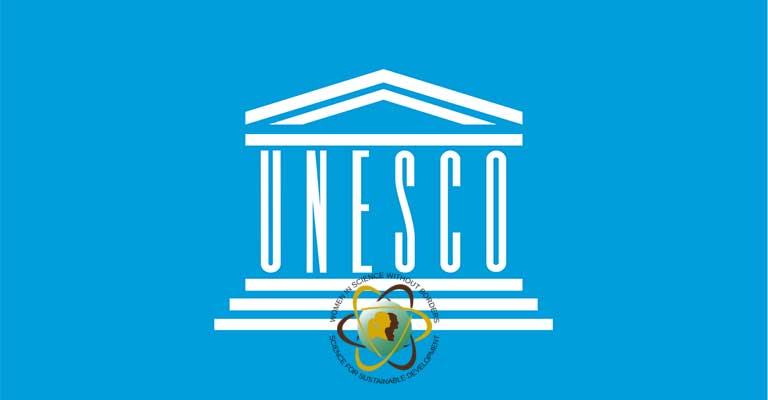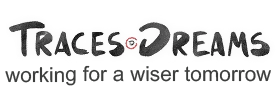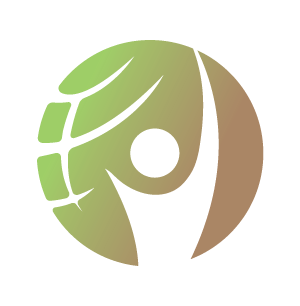Science for Humanity Global Society is proud to support the initiative Women in Science Without Borders (WISWB), which has recently been featured as a worldwide best practice within the UNESCO Open and inclusive Science Hub, supporting the promotion of accessible and inclusive science at all levels. This initiative is dedicated to advancing gender equality in the scientific community by providing opportunities for women scientists across the world to collaborate, innovate, and make their voices heard.
WISWB strives to overcome the challenges women face in science, ensuring that they have access to the resources, networks, and platforms they need to thrive. Despite significant progress in many areas, gender inequality persists in science, with women often facing systemic barriers that hinder their career development, recognition, and leadership opportunities.
The Women in Science Without Borders initiative works to dismantle these barriers by creating an inclusive, open, and accessible scientific community. It encourages international collaboration, promotes visibility for women’s contributions in research, and helps amplify the voices of those who are too often overlooked. By doing so, WISWB fosters an environment where women can make significant contributions to global scientific advancements and leadership.
The mention of WISWB on UNESCO’s Hub is a powerful recognition of its impact on fostering a more inclusive scientific landscape. As a partner in this important effort, Science for Humanity Global Society is honored to contribute to the global conversation on how to create equitable opportunities for women in the field of science.
We believe that true progress in science can only be achieved when everyone, regardless of gender, has equal access to opportunities.
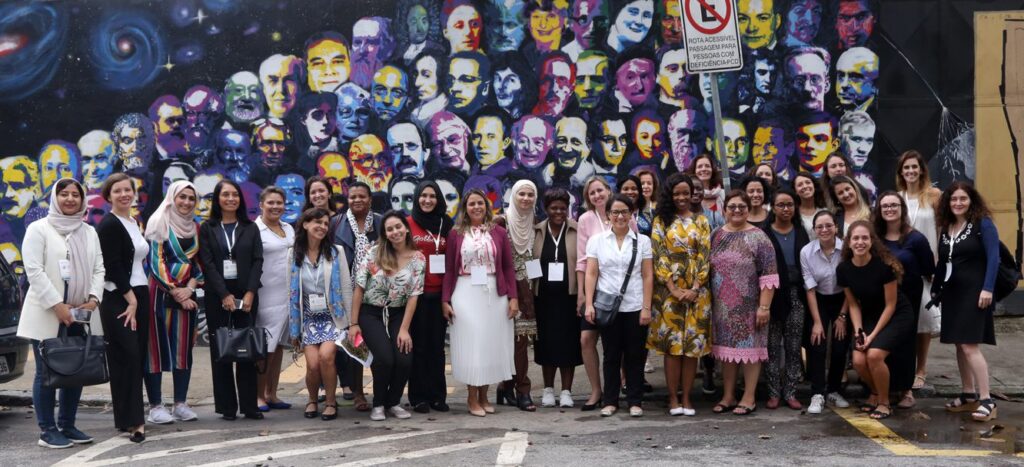
Science for Humanity Global Society is committed to supporting and promoting initiatives like WISWB, which help to ensure that women are empowered to take their rightful place in shaping the future of science, innovation, and global development.
Together, we can break down barriers and build a more inclusive and sustainable scientific community for the generations to come.
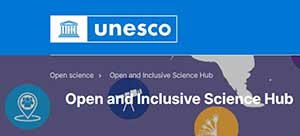
Link to the original article HERE
